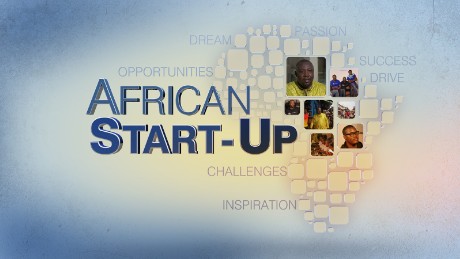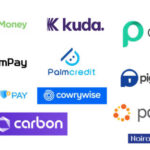
The once-booming African tech startup ecosystem—spanning key markets like Nigeria, Egypt, Kenya, and South Africa—has seen a notable decline in funding in 2023. Founders across the continent are now facing a tougher landscape where venture capital has become scarce, forcing many to pivot business models, lower valuations, or prioritize profitability over growth.According to industry data, African startups raised approximately $536 million in the early months of 2023—a stark 68% drop compared to the over $950 million raised within the same period last year. This reality has prompted founders and investors to reassess strategies, emphasizing sustainability and measured growth over hype.
Adjusting Valuations to Meet the Market
With investors now exercising greater caution, founders are being advised to revisit their startup valuations to better align with current market conditions. Bashir Aminu, founder of Coinprofile, a crypto-based fintech, emphasizes the importance of this shift. “Lowering valuations demonstrates adaptability and attracts investors in a cautious funding environment. However, founders must ensure they don’t sacrifice excessive control of their businesses,” he notes.This change in outlook has created a sense of humility in founders, according to Axel Peyriere, founder of AUTO24.Africa, a startup in the auto industry. “The current downturn is forcing startups to prove their worth through tangible metrics like profitability and growth efficiency. It’s not about how much funding you secure anymore; it’s about how effectively you deploy resources,” Peyriere explains.
Acquisitions, Pivots, and Survival Strategies
The downturn has also sparked a rise in acquisitions and business pivots, as startups look for ways to stay afloat. Companies unable to scale independently are merging with stronger players, while others are adjusting their focus to better align with market demands.Treepz, a pan-African mobility platform, is an example of a startup that successfully pivoted. The company shifted its core business from bus ride-hailing to a car-sharing marketplace after analyzing its most profitable operations. Johnny Enagwolor, Treepz’s co-founder, explained, “We had to take a hard look at our margins and identify a model that could scale efficiently.”
Similarly, fintech startup OurPass pivoted from a one-click checkout platform to business banking due to changing market needs. Founder Samuel Eze noted, “The dynamics had shifted post-COVID, and businesses required a more robust solution. This new model aligns with profitability goals.”
More Stringent Due Diligence and Governance
As investor caution increases, startups seeking funding are undergoing more rigorous due diligence processes. Yunus Ibrahim, an analyst at a venture capital firm, highlights a notable uptick in the level of scrutiny. “Investors are now deeply focused on fundamentals like unit economics and sustainability before committing capital. We are seeing greater emphasis on clear KPIs and transparency.”In some cases, venture capitalists are opting to release funds in tranches rather than upfront, ensuring startups meet specific milestones. This approach has also led to reduced investment in early-stage companies, with investors prioritizing proven sectors or mature startups demonstrating consistent traction.
The Path Forward: Bootstrapping and Profitability
Given the uncertainty surrounding investor appetite, many startups are taking a pragmatic approach by bootstrapping their operations. For some founders, this has meant relying on personal resources rather than seeking external funding.Oloyede Gbolarin, CEO of Fonder, a gifting startup, explains, “We anticipated the challenges in the funding environment from the outset and chose to bootstrap instead of pursuing investment. This decision allows us to focus on product development without external pressures.”Prominent investors have echoed similar advice, urging startups to prioritize profitability and sustainability over growth-at-all-costs strategies. A climate that once rewarded rapid scaling now favors businesses with strong foundations and demonstrable resilience.
Lessons for the Ecosystem
While the funding slowdown has created significant challenges, some argue that it also presents an opportunity for maturation within Africa’s tech ecosystem. Greater accountability, measured valuations, and a focus on sustainable growth could restore investor trust over time.This challenging period may ultimately separate resilient startups from those overly reliant on external funding. As founders adapt their strategies, the lessons learned during this downturn could pave the way for a more robust and self-sustaining innovation ecosystem in Africa.



